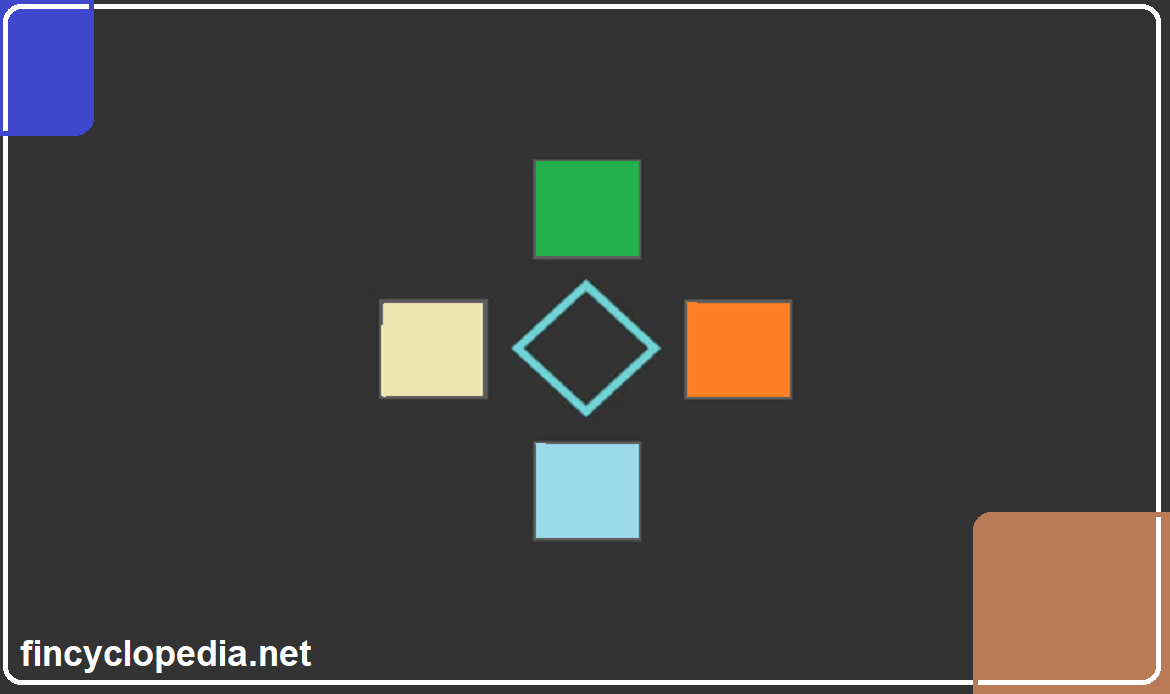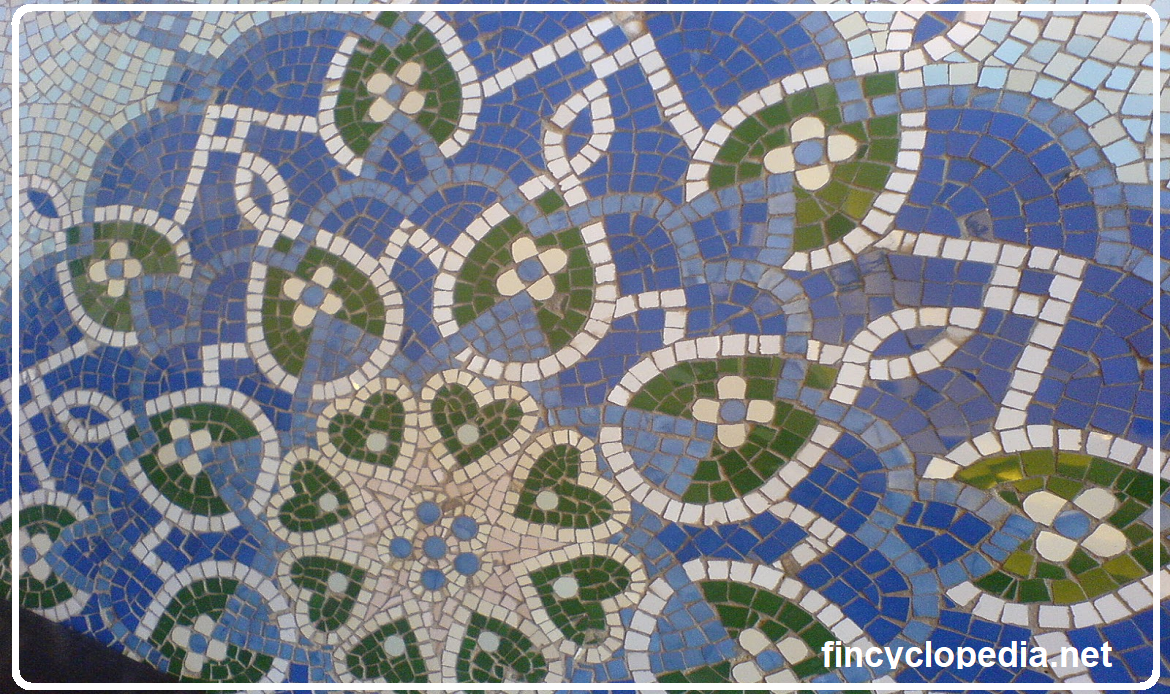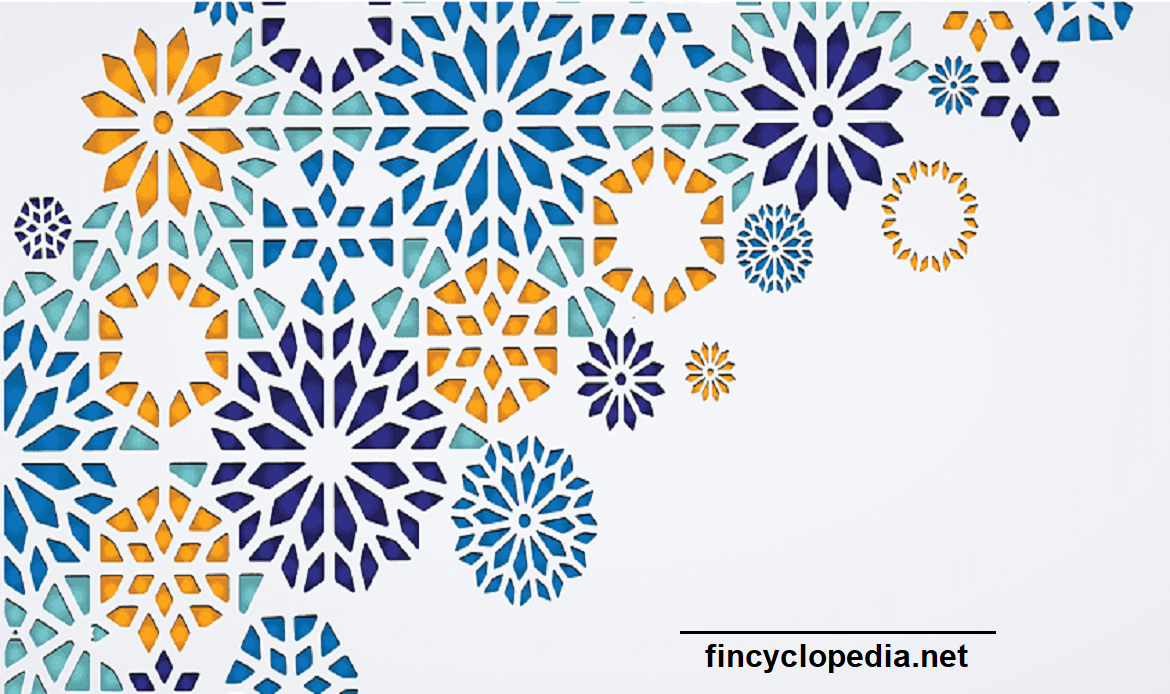Zakah (زكاة) is Arabic for obligatory charity (the third pillar of Islam). It constitutes a portion of wealth prescribed by shari’ah to be paid to one or more of deserving recipients. It is the duty of every Muslim to pay zakah out of his/ her own wealth, provided that a minimum amount of wealth (nisab) is attained over a lunar year.
Charity (in Arabic sadaqah صدقة) is an amount of wealth voluntarily paid by a Muslim out of compassion or solidarity with other members of the society. However, sadaqah is very broad in nature and scope as it encompasses, in addition to all forms of wealth, good deeds, help (extended to distressed people), services, and even consolation and sympathy with others.
The main differences between zakah and sadaqah are illustrated below:
| Zakah | Sadaqah | |
| Nature | Religious duty | Commendable, voluntary act |
| Beneficiaries/recipients | Specific categories (excluding family) | Anybody in the society (including family members) |
| Nature of wealth paid | Money (monetary wealth) | Any type of wealth (including payment in kind, services, etc.). Even good deeds are considered sadaqah |
| Payment requirements | Attainment of minimum amount of wealth (nisab) over a lunar year (hawl). Lower limit | No requirements or conditions (no upper or lower limit) |
| Amount | In general, 2.5% of wealth subject to zakah (2.5775% for solar year) | No specific amount or percentage |







